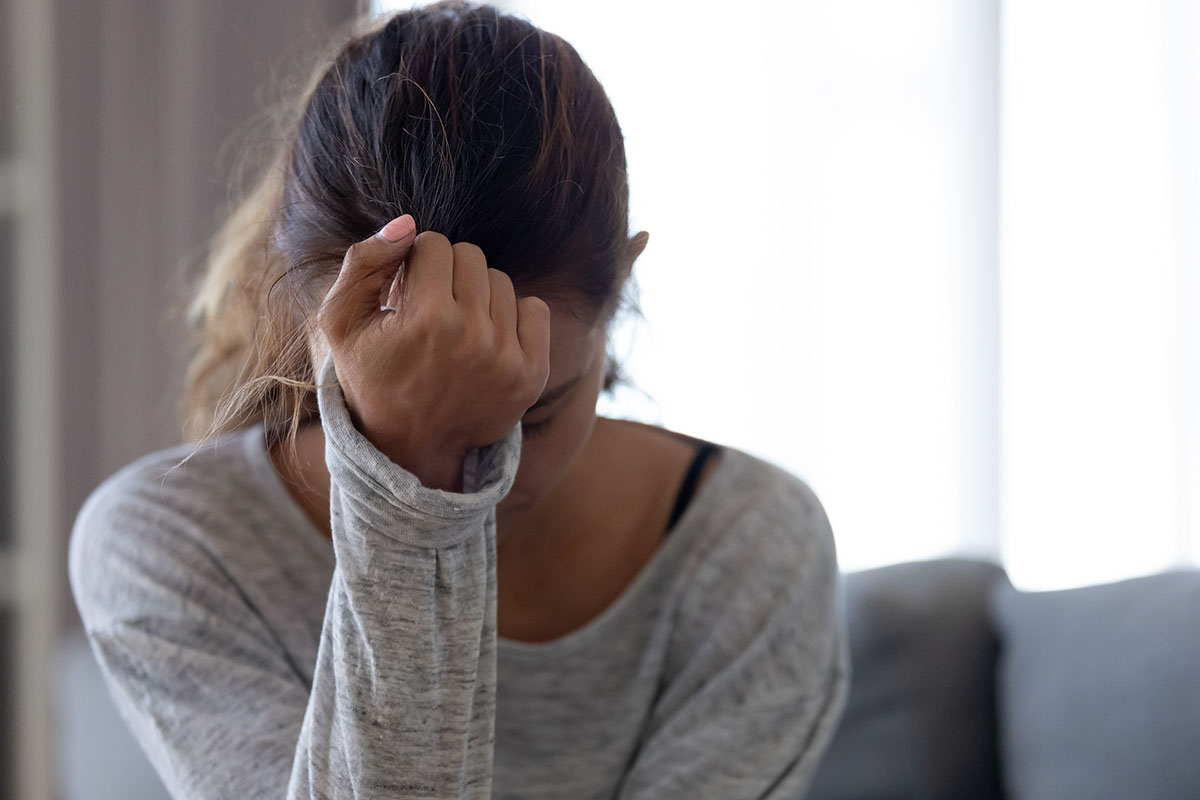Anxiety is a common side effect of sobriety, and many people feel anxious, agitated, or even have panic attacks in the first days and months after quitting alcohol. Others originally turn to alcohol or drugs as a means of combating their anxiety, and this can make returning to it even more difficult. But once you beat addiction, handling anxiety in sobriety can be a challenge.
If you are having problems with anxiety, you’re not alone, as millions of people have the same problems. You should talk to your doctor or therapist about any severe problems with anxiety. But you can use these 5 tips to help you deal with your anxiety, so you can realize the benefits of living a happy, clean and sober life.
Find Someone to Talk To
Having someone to talk to is an important part of any sobriety plan, and whether you’re experiencing withdrawal anxiety or have it as a long-term part of your personality, a support group can help. You can seek out a friend, family member, or someone from your 12 Step Program or other sobriety groups, so long as you have someone who can listen to you without judging you when you need it. Studies show that recovering alcoholics who attend weekly sobriety groups are more than twice as likely to remain sober as non-attendees. A support group can give you a place to vent and talk about the things that make you anxious. They can also hold you accountable so that you are more motivated to stay sober, even when you’re anxious.
Exercise
Exercise is a powerful tool that can help you in myriad ways. Exercising releases endorphins in the brain, which cause the body and the brain to relax and feel better. This can help you with anxiety caused by your sobriety, and can even help you to feel better without alcohol. Studies show that persons who participate in weekly aerobic exercises are less anxious, while those who exercise at least 30 minutes per day are calmer, less stressed, and happier overall. But, you don’t have to start hitting the gym for four hours a day. Start out small and go for walks, do yoga, cycle, or take a dance class. Find something you love and that fits into your schedule so you can stick to it.
Pick Up a Relaxing Hobby
Yoga, Tai Chi, Meditation, and Mindfulness are all increasingly popular hobbies that are designed to help people slow down, relax, and release stress. Mindfulness is a powerful tool that works to change your mindset so that you stop stressing about the past or the future, and start paying attention to the present. Headspace.com is a great place to start, and it’s free for the first 10 days. Mindfulness is so powerful that top companies like Google actually require their employees to take classes. One study which included data from over 19,000 previous studies found that meditation and mindfulness offer moderate relief for anxiety, depression, and stress.
Find Another Coping Mechanism
Many of us pick up alcohol as a coping mechanism. Sometimes we’re trying to cope with stress, existing anxiety, dissatisfaction, or any of a number of other problems. Whatever those problems are, they come back when we get sober. It’s important that you take the time to approach those problems and try to solve them. A very simple but common example is that you might be bored. Picking up a hobby would allow you to spend your time doing something that stimulates you while avoiding alcohol. If you have a more serious problem, you can do your best to try to solve it.
For example, if you’re stressed about your current situation, you can look for a new or better job you can attend classes to try to gain skills to get into a job that you love (there are grants and loan programs that allow you to do so even if you don’t have the money). You can quit bad relationships with friends, family members, and partners, and otherwise actively take steps to help yourself. If you’re just anxious for no reason at all, you can also try using a diary. This way you can write out why you’re stressed and to talk about your emotions. Journaling can help you to fight anxiety so that you can focus on staying sober. It has shown to be a very effective manner of handling anxiety in sobriety.
Seek Professional Help
Sometimes we all need help. If you’re anxious and unable to control it, having anxiety-related panic attacks, or tempted to pick up alcohol to ‘solve’ your anxiety problems, you need help. And there’s no shame in asking. You can either return to the clinic that first helped you to get sober, or seek out a professional who can help you deal with your problems. Cognitive behavioral therapy is very commonly used to help people work through issues with anxiety and panic disorders. A professional will be able to help. Other therapies that we offer for better handling anxiety in sobriety include:
- Cognitive Behavioral Therapy
- EMDR Therapy Program
- Family Therapy Program
- Dialectical Therapy Program
If you are just beginning your sober journey, your anxiety may be caused by thinking about alcohol or drugs. In this case, you should seek out professional help. You will be guided through the withdrawal process, given medicine, and moved along at a pace that will allow you to comfortably maintain your sobriety after you leave. Staying clean and sober is a big deal, and anxiety can get in the way. However, it is important to remember that anxiety is just a temporary barrier that you can get around. No matter how bad it seems, you can handle it if you use the resources available to you. Congratulations on achieving and maintaining your sobriety.







